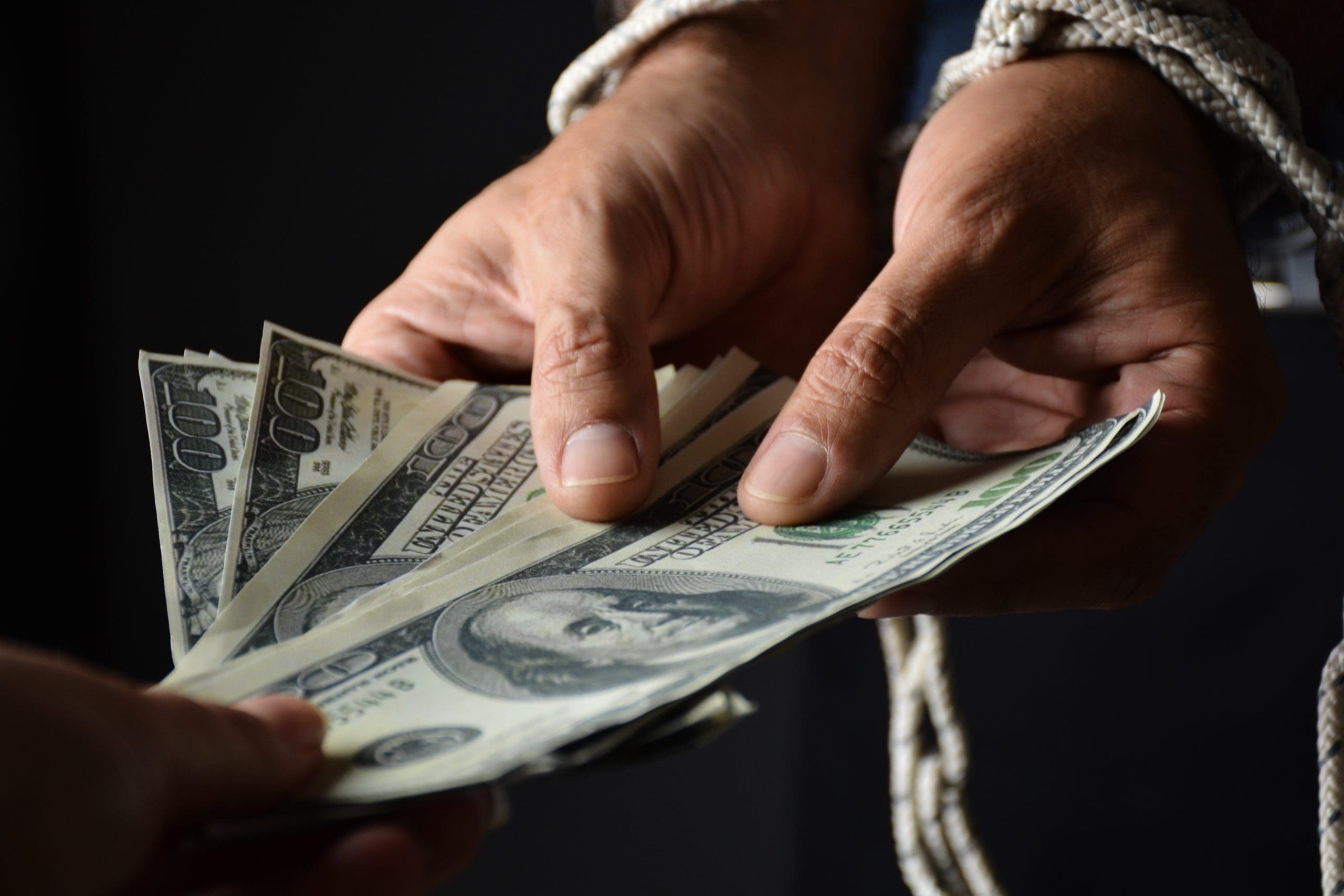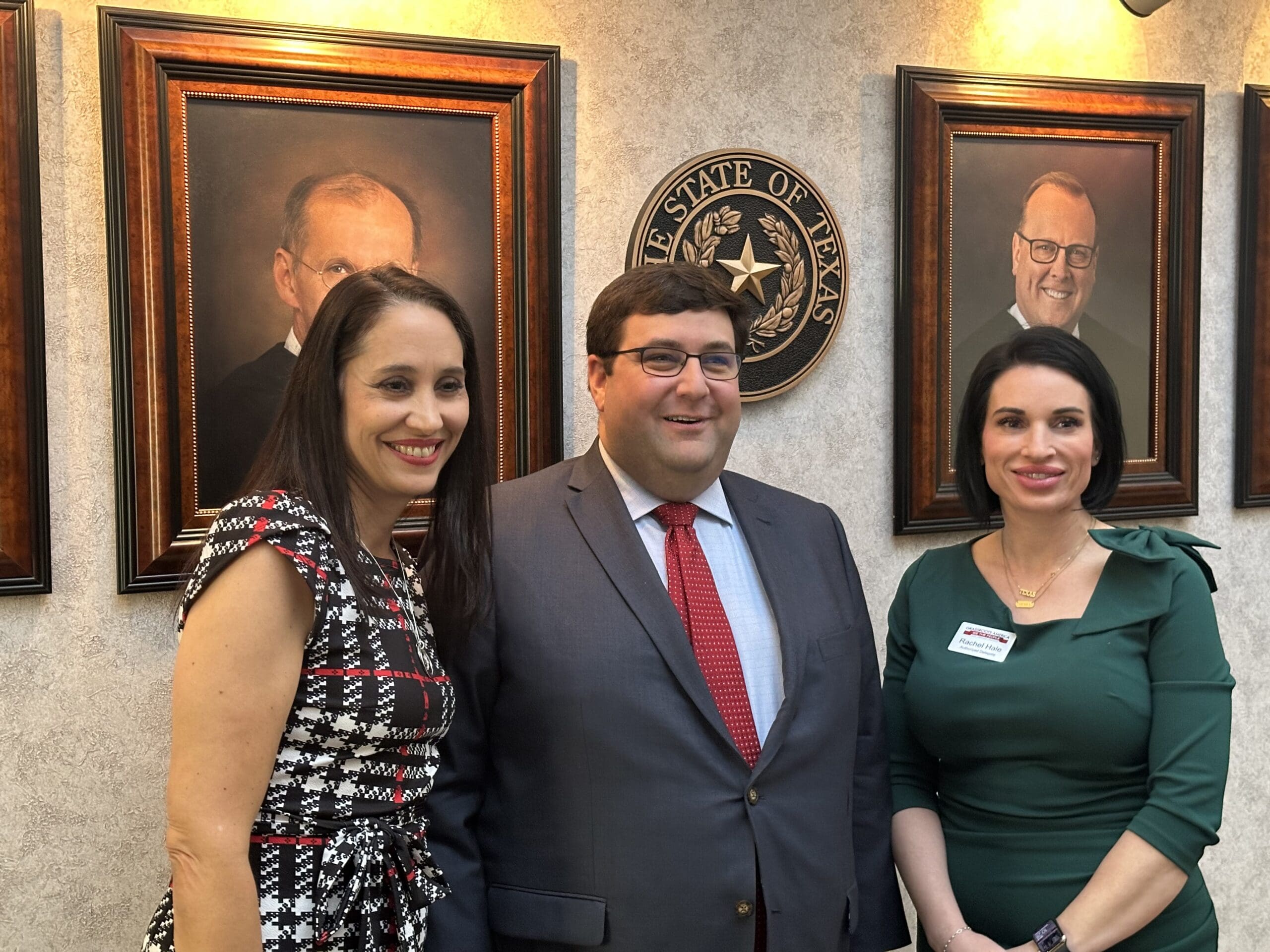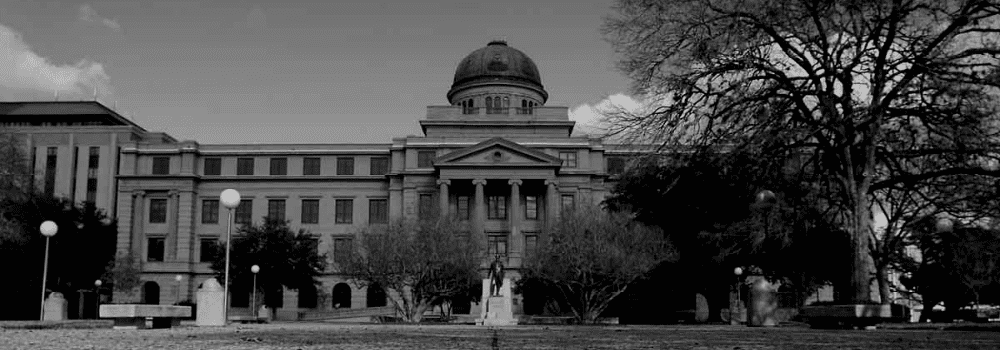Amid an affordability crisis for working-class Austinites, city officials are considering taking hundreds more from citizens next year.
This week, the Austin City Council met with Capital Metro, the region’s public transit agency, to discuss a costly expanded bus and rail transportation proposal for the city. “Project Connect” would add things such as light rail lines in the central city, bus routes, an underground tunnel in a small portion of downtown, and electric buses.
The preliminary price tag? Nearly $10 billion (roughly $6 billion coming from local citizens).
To start collecting all of that money, the city council is considering raising the tax rate on Austinites next year by around 22 percent, which means taking hundreds more annually from the median homeowner.
If the council decided to build the entire plan in 30 years, that could mean taking roughly $325 more per year from the median homeowner; if the council chose another proposed scenario to build out the plan in 15 years, that could mean taking over $440 more per year.
Apart from that hefty new tax, the Austin City Council has already been plundering the wallets of working-class Austinites for years. Just 12 years ago, the median city tax bill was $705—now, it’s over $1,400. (That’s 100 percent more, for those doing the math.)
Because of the unbearable tax bills, many Austinites and small businesses have been forced to leave the city, and many who remain in Austin are having a hard time doing so. A recent United Way report found 42 percent of Austin families are now struggling to make ends meet.
Still, the city council seems to favor the idea of taking more money from Austinites.
“We have to commit that if all else fails, this is the path (forward),” Council Member Alison Alter said. “This is how we commit.”
Thankfully for Austinites, if the city council does want to raise the tax rate 22 percent next year, citizens will first have a vote in a November election. Under new state law, if a local government wants to raise taxes more than 3.5 percent in a year, they must first ask citizens for permission.
The last time the city council tried a rail plan in 2014, voters decidedly defeated the $600 million proposal for many of the same affordability reasons.
The city council will continue to discuss the tax increase and have another joint meeting with Capital Metro in May.





